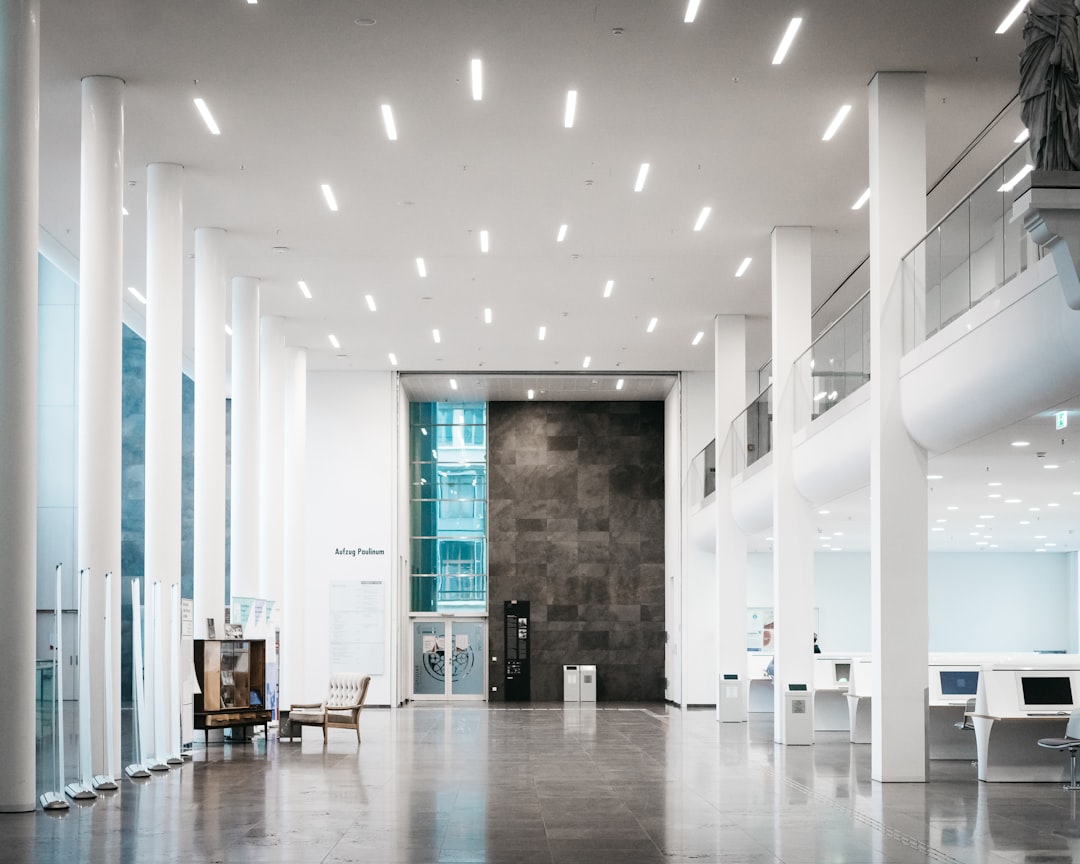Leipzig University
Under the motto “The Leipzig Way”, the university focuses on further developing its research profile areas and on advancing the formation of interdisciplinary collaborative research initiatives. To this end, Leipzig University draws on an extensive range of subject areas. Crossing boundaries between traditional academic disciplines, international collaboration, and networking with non-university research institutes as well as businesses are not just traditions of Leipzig University but are also the basis of its academic excellence.

Leibniz Institute for the History and Culture of Eastern Europe at the University of Leipzig
The Leibniz Institute for the History and Culture of Eastern Europe (GWZO) at Leipzig University is a research institute committed to international cooperation and multidisciplinary approaches. The GWZO focuses on comparative research into the history and culture of territories between the Baltic, the Black, and the Adriatic seas from the Early Middle Ages up to the present day. At present, approximately 50 fellows from Germany and abroad take part in several research projects. The GWZO closely cooperates with a considerable number of scholarly institutes both from East Central and Western Europe as well as other parts of the world.

Leibniz Institute for Regional Geography
The Leibniz Institute for Regional Geography (IfL) is the only research institute for geography in Germany that is not attached to a university. The research carried out at the IfL is concerned with spatial structures and current developments that have a spatial impact in Europe as well as with the theoretical and historical foundations of regional geography. Under the heading “New Geographies of Europe”, the researchers analyse ongoing processes, particularly in Central and Eastern Europe. An important area of the institute’s work is the presentation of research findings for specialist and more general audiences.
Dresden Technical University
Since 2012, TU Dresden has been one of eleven German “Universities of Excellence”. The university’s Department of Geosciences hosts the professorship for human geography, which focuses on urban processes of transformation in the Global North and Global South, the (re)production of border regimes, geographies of rural areas, and the development of empirical methods for human geography.

